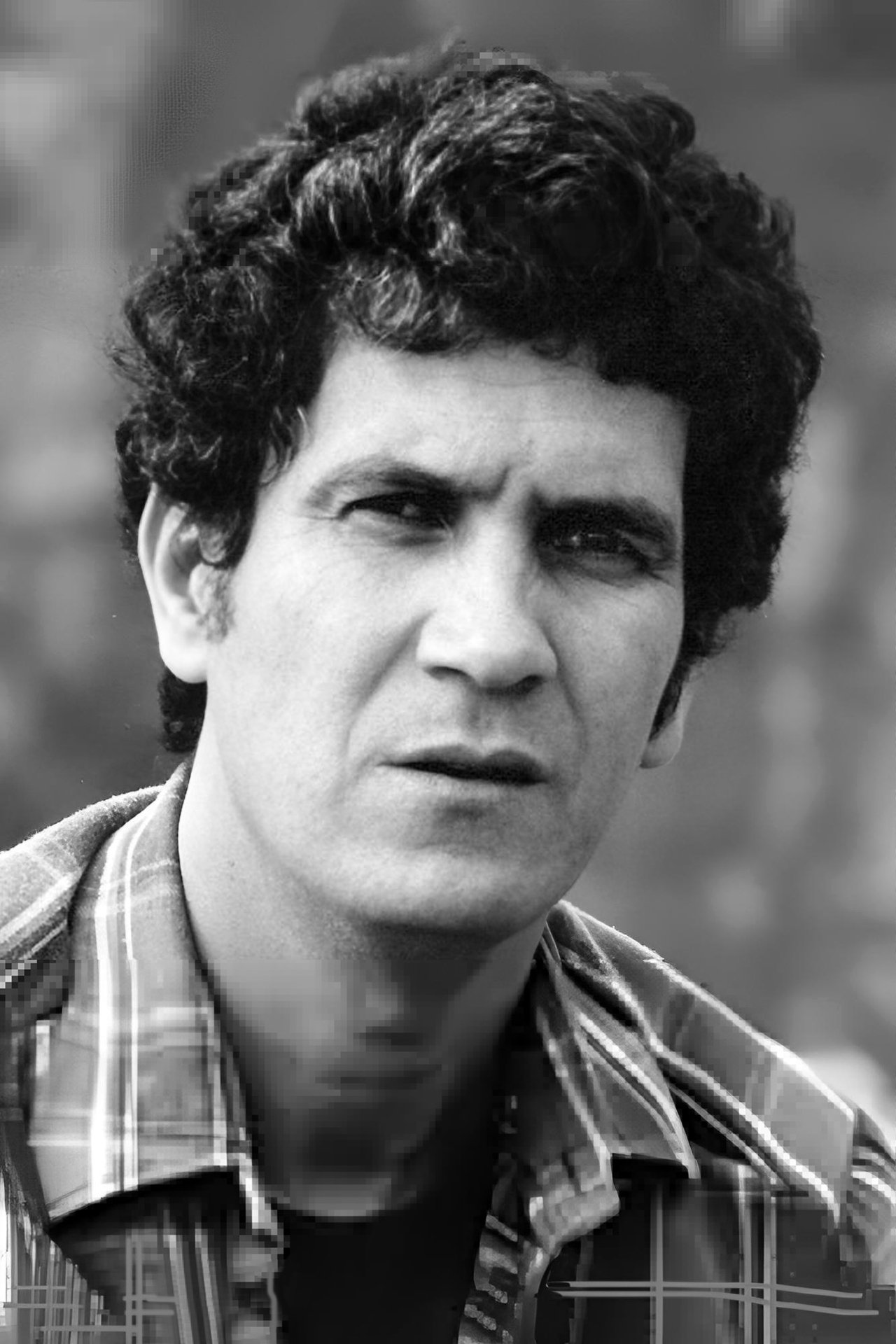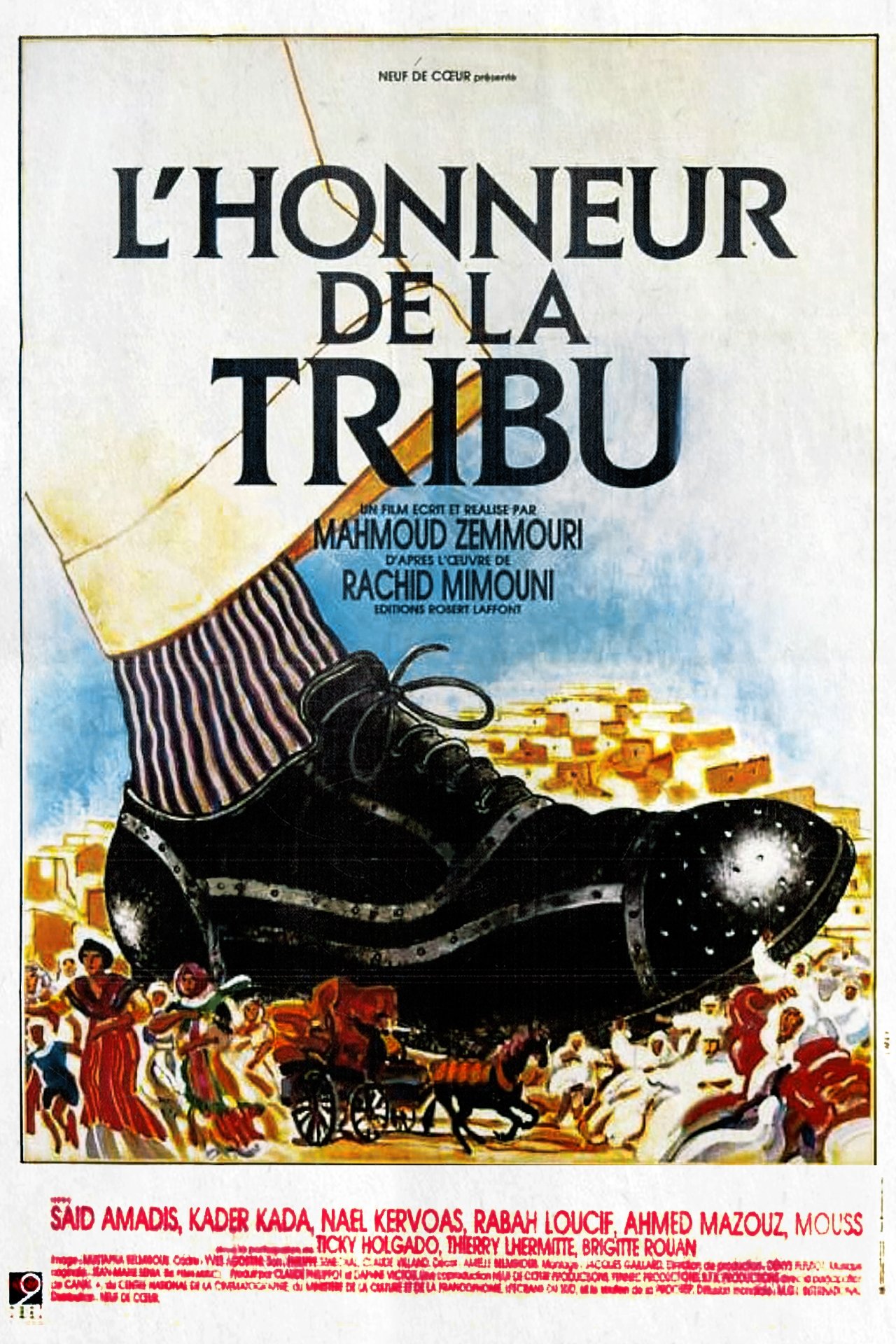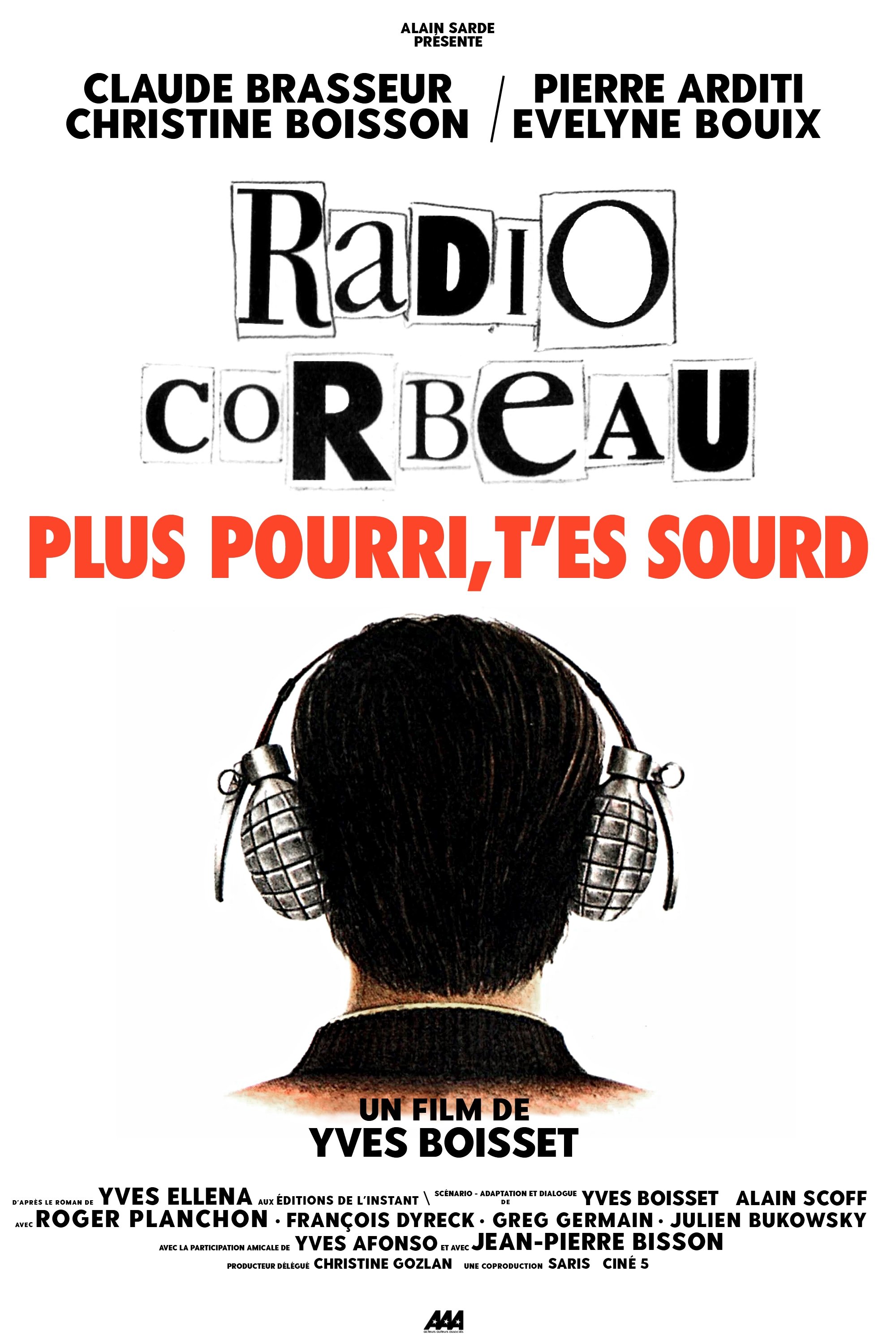

Like every year in Zitouna, a bear handler passes by. With his creature, he comes to challenge the small community. And like every year, it is Slimane El Mabrouk who defends the honor of the tribe. But this time, he dies, leaving two orphans, Omar and Ourida. Robbed of their inheritance, the children will grow up alone. The years pass, the French army settles in, and with it, the war. Mysteriously, one day, after the murder of a French legionnaire, Omar disappears into the bush, while his sister dies in childbirth. Omar will return to the village, much later, once independence has been acquired, as a representative of power and with this enigmatic formula: "You must know that the Revolution has not forgotten you". Personal revenge? Sincere desire to bring progress and modernity? ... The inhabitants of Zitouna, upset in their ancestral way of life, will not be long in having an answer to their questions.

This fast-paced mystery is in part based on a novel by Yves Ellena and is at least equally based on the 1943 classic Le Corbeau, which in 1951 was produced in English by Otto Preminger as The Thirteenth Letter. In this movie, someone is using a pirate radio broadcast to dish the dirt on the lives of the elite of a small French town.
Mazouz Ould Abderrahmane, born January 27, 1941 in Mostaganem, and died November 24, 2012 in Montreal, Quebec, is an Algerian actor, director, screenwriter, editor and writer. Mazouz Ould Abderrahmane was a member of the theater troupe Les Garagouzes founded by Abderrahmane Kaki (Stanislavski method). He was also a founding member of the Algerian National Theater in 1962 and he played as an actor in several films in Algeria (Les hors la Loi, La Bataille d'Alger, etc.). He also directed Slimane by Jean Pélégri with the troupe as well as Diwan el Mejdoub by A. Kaki. In 1977, he moved to Canada where he wrote and directed several short and feature films, designed numerous productions (La Dernière Bande, La Voix Humaine (1974), L'oiseau Vert (1980), La Planète Baobab (1999), Le Carnaval des Animaux (1996), Le Tango (1990), etc.) and designed mini-digital research films. In 1984, Mazouz and his wife, Sylvie, adapted Marie-Claire Blais' novel Le Sourd dans la ville for the Ubu Repertory Theater in New York, Mazouz would later write a screenplay for the cinema. Following several productions at the National Film Board, including the documentary on Félix Leclerc "C'est la première fois que je la chante" (It's the first time I sing it), Mazouz began a period of joint creation with writer and screenwriter Pierre-Yves Pépin that would last over ten years. Together, they would write a trilogy of epic films: La Sirène de Val d'Or, La tour de l'Horloge and Le Dernier Train pour Windigo (The Sirens of Val d'Or), La tour de l'Horloge (The Clock Tower) and Le Dernier Train pour Windigo (The Last Train to Windigo). At the request of the Société Générale du Cinéma, the two creators quickly began work on La Fille du maquignon (The Horse Dealer's Daughter). The film opened the Quebec section at the Namur Festival in 1991. In the 1990s and 2000s, Mazouz directed several theater projects, notably with L'Arsenal à musique and the Tango X4 company. His most personal work is undoubtedly the novel Le Café Maure, which he wrote in the 1990s. A time when he regularly went to the Atlantic Ocean on the coast of Maine, rediscovering the sounds and smells of his childhood in the port of Mostaganem and his father's trawlers. The novel was published posthumously on January 30, 2013 by Triptyque.
By browsing this website, you accept our cookies policy.